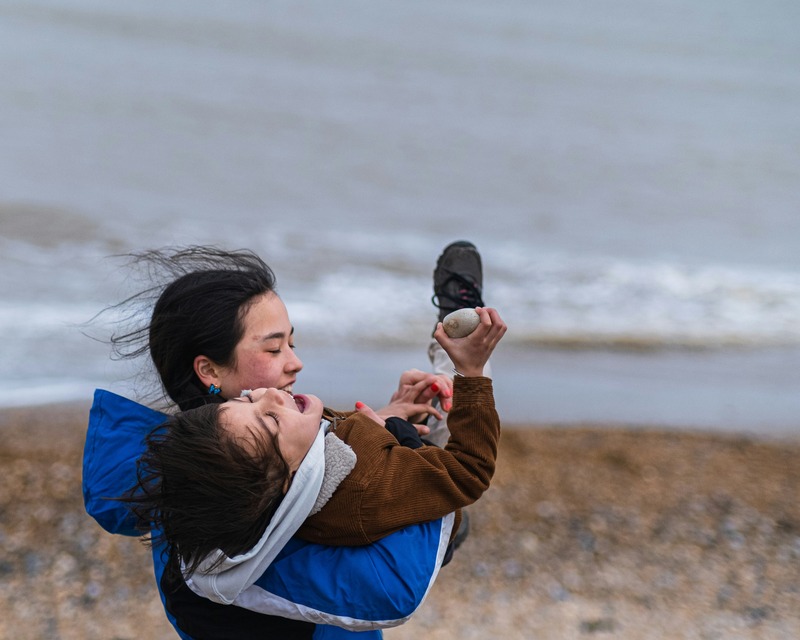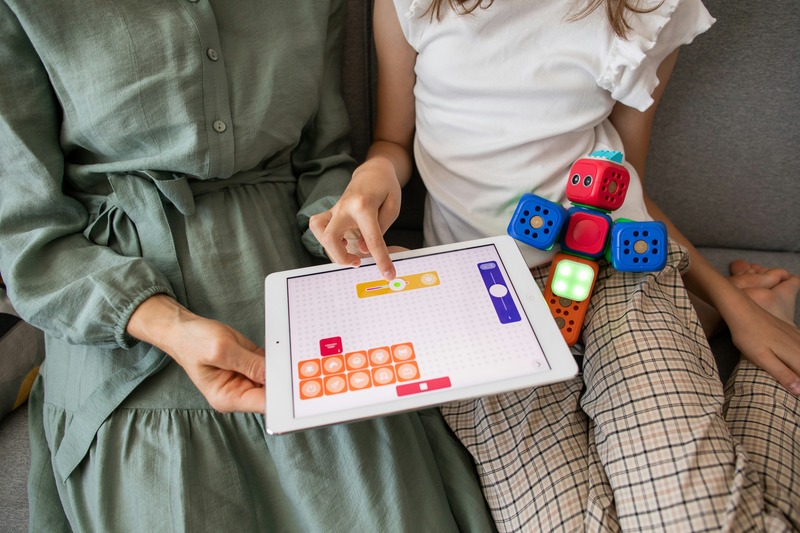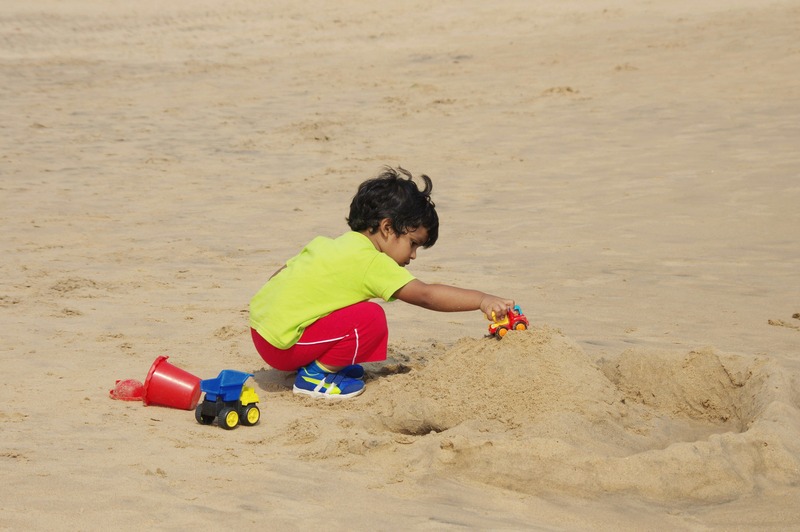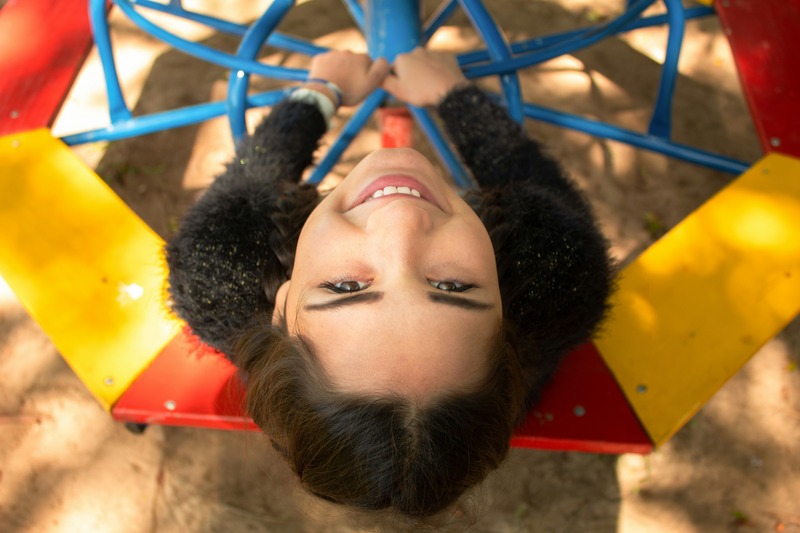Play isn't all about the fun - it's essential for children's development! It’s a natural and exciting way to stay active, healthy, and happy.
From the moment they’re born all the way through their teenage years, kids need plenty of unstructured playtime to develop physical, mental, and emotional well-being. Whether it’s running, building, or exploring, play helps children grow in vital ways for their future.
Play is Important for Children - Here’s Why
It's as if play is natural like the need to sleep. And satisfying this need brings immense joy. Before we dive into any further, let’s start from the basics.
So, what exactly is play?

What comes to mind when you think of “play”? Adults perceive it as a competitive game or a favourite hobby, whereas older children associate play with imaginative worlds and make-believe adventures. Nevertheless, infants and toddlers view play as simple, delightful moments, such as rolling on the floor, banging toys together, splashing water, or running around with pure joy.
Fun fact: “Play” is universally practised by children. Across every culture, children engage in play. Even the United Nations recognises it as a fundamental right for every child.
The concept of play varies greatly depending on age, personality, and perspective. But at its core, play is an activity that’s engaging, enjoyable, and freely chosen by the player. It’s about letting children explore and express themselves in their own approach, whether they’re doing it alone or with others.
Can children learn through play?
Believe it or not - yes, play is the ultimate learning tool for children! Play, especially for babies and toddlers, becomes a primary way of learning.
Children are then able to learn about and make sense of their world in a safe space. Hence, exploring fears and trying out adult roles come effortlessly.
Matter of fact, risky or challenging play helps children to test their limits and learn how to manage risk. Don’t discourage them. Instead, uplift them so that they embrace the obstacles as mistakes are part of learning. Kindly inform them that they can always try again with a positive attitude!
What about the children glued to technological devices for play?

Balance out play with screen time. Why? Too much screen time can hinder the benefits of active, creative play.
The younger the child, the less time they should spend on devices. Incorporate suitable screen time limits as the child grows older.
Keep meals, outdoor play, bedtime, and bedrooms free from screens. Creating screen-free zones is like an automatic switch that divides appropriate activities from one another.
How is play important for children?
When children play, they do more than pass the time - they’re actively learning about the world, themselves, and the people around them. Several life skills lay the foundation as children pick up along the way. Confidence, self-esteem, resilience, coping skills, teamwork, independence, and emotional intelligence, are critical for success in school work, and relationships.
Let’s dive in deeper to how play backs up your child’s journey of learning and development.
Boosts language skills
Play is one of the best ways for children to discover the power of their voice. Whether they’re repeating familiar words, experimenting with new sounds, or engaging in pretend play, they’re practising and expanding their language skills as play introduces new words and phrases. It’s also a chance to practice their home language(s) and discover new words, helping to build a rich vocabulary.
Develops physical and motor skills
Active play is not only fun. Play enhances healthy brain development alongside physical health since children are encouraged to use their minds and bodies in new ways. The more active they are, the stronger and healthier they become; giving them the energy to thrive in all areas of life. Regular physical activity improves fitness, agility, stamina, coordination, balance, and motor skills. Physical development strives from gross motor skills like running and jumping as well as fine motor skills like drawing and stacking.
Empowers social skills and emotional resilience
Children adapt to interaction with others. Turn-taking, negotiating, and cultivating relationships are some key social skills arising from play. Play also provides a safe space for children to explore their emotions, helping them develop empathy for others and build emotional resilience. Bonds with caregivers and peers are therefore strengthened, empowering emotional connections and problem-solving. To boot, the back-and-forth sharing and listening teach valuable social lessons, such as self-discipline, emotional regulation, effective communication, and conflict resolution.
Inclusive and accessible to all
The beauty of play is that it removes barriers and is accessible to children of all abilities. Every child can engage in play in their own way, be it through facial expressions, body language, sign language, or speech. At the end of the day, all forms of communication are supported.

Nurtures a love for learning
Most importantly, play instils a love for learning in children. When they learn through play, they absorb information in a fun, engaging way, which helps them grasp new concepts while nurturing their imagination.
Promotes experimentation and repetition
Experiment, fail, and try again all comes from play. Through repetition, children cement their learning and develop important life skills such as independence, perseverance, and the ability to learn from mistakes. They can explore the physical world by manipulating and understanding the physical properties of objects to understand how everything clicks, testing cause and effect.
Sparks natural curiosity
Children are naturally curious. Play is the perfect outlet for them to explore and make connections. They comprehend their senses of seeing, hearing, and experiencing. More so a deeper understanding of their environment blossoms as cognitive connections are formed.
Stimulates cognitive growth
When children play, their minds are working overtime! Play supports problem-solving skills, creativity and imagination, and cognitive development. Children are then equipped to navigate the world with curiosity and confidence.




 Mirella Pandjaitan
Mirella Pandjaitan
 Nov 12, 2024
Nov 12, 2024